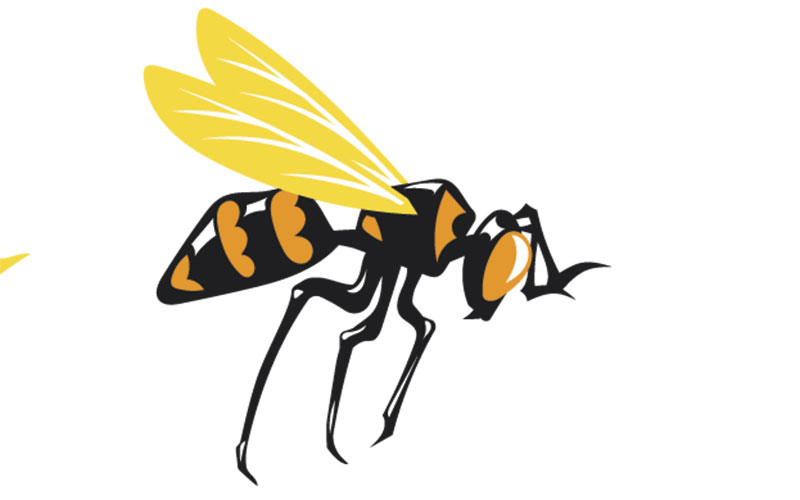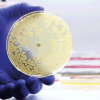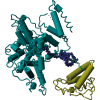The venom of insects such as wasps and bees is full of compounds that can kill bacteria.

However, many of these compounds are also toxic for humans, making it impossible to use them as antibiotics.
After performing a systematic study of the antimicrobial properties of a toxin normally found in a South American wasp, researchers at the Massachusetts Institute for Technology (MIT) have created variants of the peptide that are potent against bacteria, but nontoxic to human cells.
In of mice, the researchers found that their strongest peptide could completely eliminate Pseudomonas aeruginosa – a strain of bacteria that causes respiratory and other infections and is resistant to most antibiotics.
Cesar de la Fuente-Nunez, an MIT postdoc, said: “We’ve repurposed a toxic molecule into one that is a viable molecule to treat infections.
“By systematically analysing the structure and function of these peptides, we’ve been able to tune their properties and activity.”




